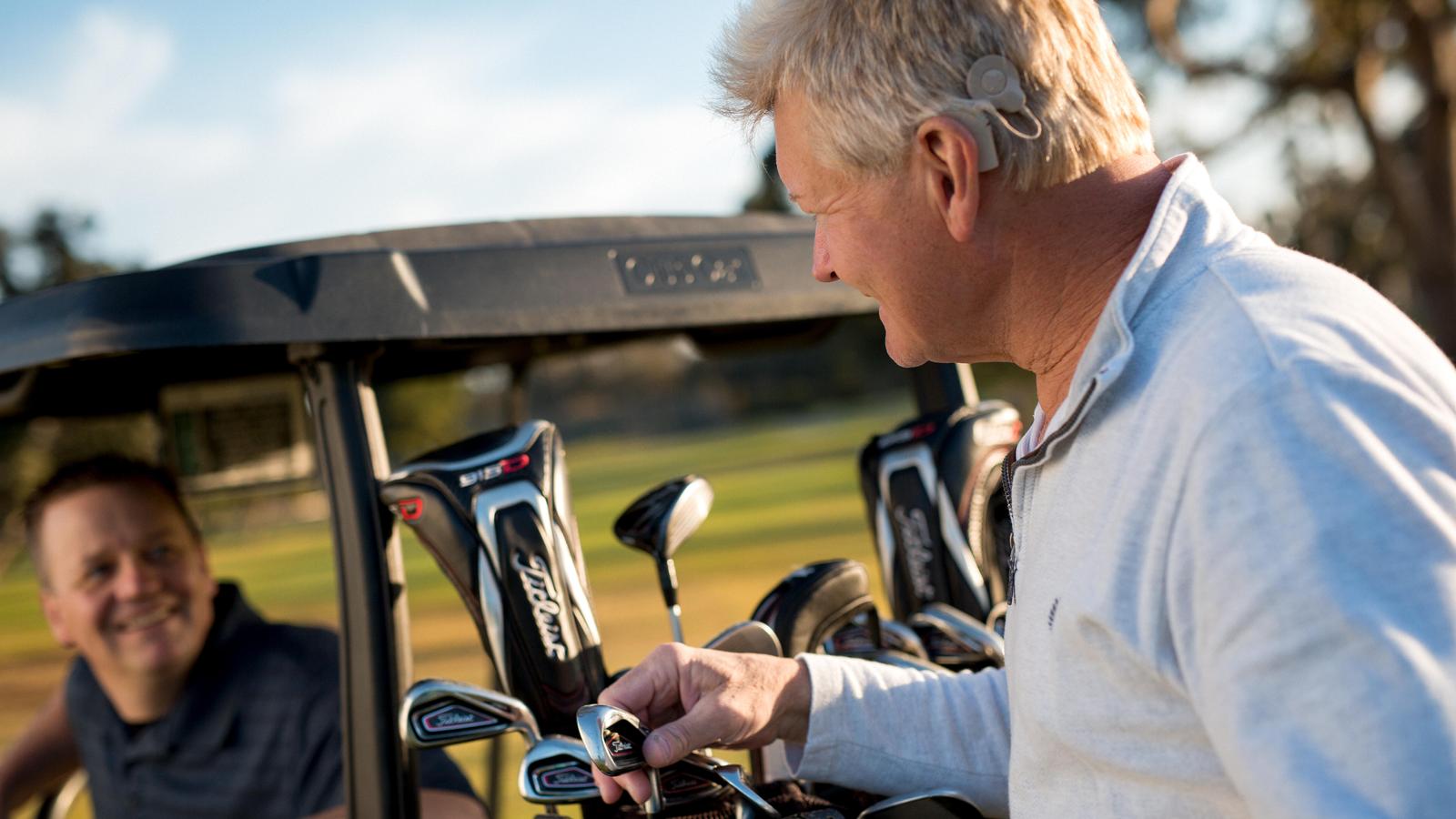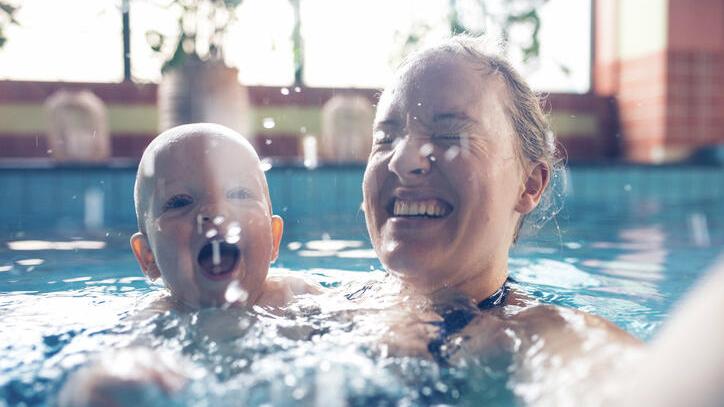Recovery from cochlear implant surgery
After surgery, you will need to spend some time recovering before your sound processor can be switched on (activated). Learn what to expect.

What you'll find on this page
- Get tips on how to care for yourself or your loved one after surgery
- Find answers to common questions like "Can I drive?" or "Can I wash my hair?"
- Connect with others who can share their experience with surgery
Preparing yourself for surgery
Making the decision to have surgery can be tough. It’s normal to feel anxious, but you can have peace of mind knowing you’re not alone. Cochlear hearing implant procedures have been performed for almost 40 years and Cochlear has provided over 600,000 implantable hearing devices worldwide. Remembering why you made this decision will help you keep focused—to give you every opportunity to lead a full life.
Understanding what to expect after surgery and how to care for yourself or your loved one during the recovery process will help give you confidence in the journey that lies ahead.
"The surgery went really well. I went home the same day and was back to work after a few days. I felt really good."
- Deb A, Cochlear™ Nucleus® System recipient
After your procedure
After cochlear implant surgery, your head will likely be wrapped in a bandage to protect the incision site, and you will be given instructions on how to care for it along with medication prescriptions and possible activity restrictions. Once you take the bandage off, you may have some swelling around the incision site. After the incision behind the ear heals and swelling disappears, a slightly raised bump may remain where the implant has been placed. Not to worry though, this area is typically covered by hair.
The recovery process will take some patience, but it's important to take the time you need to heal, so you can be ready to go to your activation appointment.
How to care for yourself or your loved one at home after surgery
Recovering from your surgery isn’t complicated, but it will take time. The help and support of family and friends will be important as you heal. If you were using two hearing aids prior to surgery, your surgeon may recommend that you continue to use your hearing aid on your non-implanted ear. Here are some tips and recommendations to help you recover:
- Follow your doctor’s instructions and take medication as directed.
- You won't be able to drive yourself home after surgery, so please arrange for a ride home. It's also a good idea to have someone with you for a day after your surgery.
- Your doctor will let you know when to remove the bandage, usually a few days after surgery.
- After you remove the bandage, wash the incision daily with warm, soapy water, and pat dry.
- You should be able to shower and wash your hair one week after surgery unless instructed otherwise. Keep water out of your ear.
- Staying hydrated and eating a healthy diet after surgery can help promote healing and help you get past any side effects from the anesthesia.
This post-surgery period is a time to rest. Take this opportunity to anticipate what's to come when you hear for the first time at activation.
How long does it take to recover?
Your surgeon will require a recovery period before your system is activated—three to four weeks for cochlear implants. You may want to take time off from work or activities for up to a week following the surgery to allow yourself time to adapt and the incision site to heal but many people are back to their normal routines within a few days. Most doctors advise against lifting even moderately heavy weights in the days right after surgery. Talk to your doctor about how much activity is safe for you.

Connect with a recipient
Learn about their first-hand experience choosing a Cochlear hearing solution
Disclaimer
Please seek advice from your health professional about treatments for hearing loss. Outcomes may vary, and your health professional will advise you about the factors which could affect your outcome. Always read the instructions for use. Not all products are available in all countries. Please contact your local Cochlear representative for product information.
Views expressed are those of the individual. Consult your health professional to determine if you are a candidate for Cochlear technology.
For a full list of Cochlear’s trademarks, please visit our Terms of Use page.






